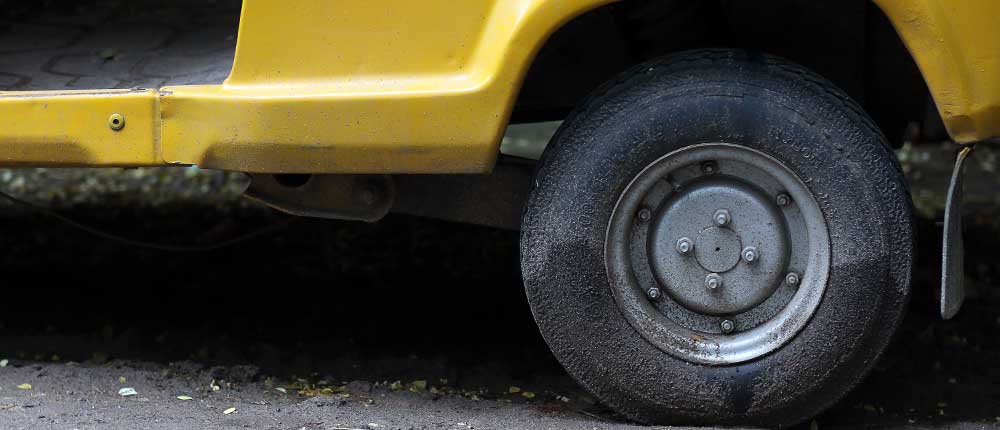Assessing the environmental benefits from switching auto-rickshaws in Chennai to electric
In Chennai, auto rickshaws constitute 40% of all transport vehicles and 58% of passenger transport vehicles. The share of auto-rickshaws has increased from practically zero in 1970 to over 6% in 2008.

Auto-rickshaws constitute 40% of all transport vehicles and 58% of passenger transport vehicles in Chennai, India. The share of auto-rickshaws is increasing day by day in the city and urban areas. Our research highlights the bouquet of policy interventions suggested by TERI based on the results are 1) incentivizing scrapping of auto-rickshaws older than 15 years, 2) mandating scrapping, and 3) incentivizing the purchase of new LPG BS-VI auto-rickshaws.
The scenarios show that scrapping of older auto-rickshaws will have a significant impact on reducing emissions in the short term. However, the emissions will continue to rise as the auto-rickshaw fleet expands in the long term. Hence, promoting electric auto-rickshaws is essential for minimizing exhaust emissions from auto-rickshaws in the long term. However, the scenarios also show that with the current electricity generation mix in Tamil Nadu, e-autos will have a limited impact on mitigating GHG emissions.
Please download full document here.
